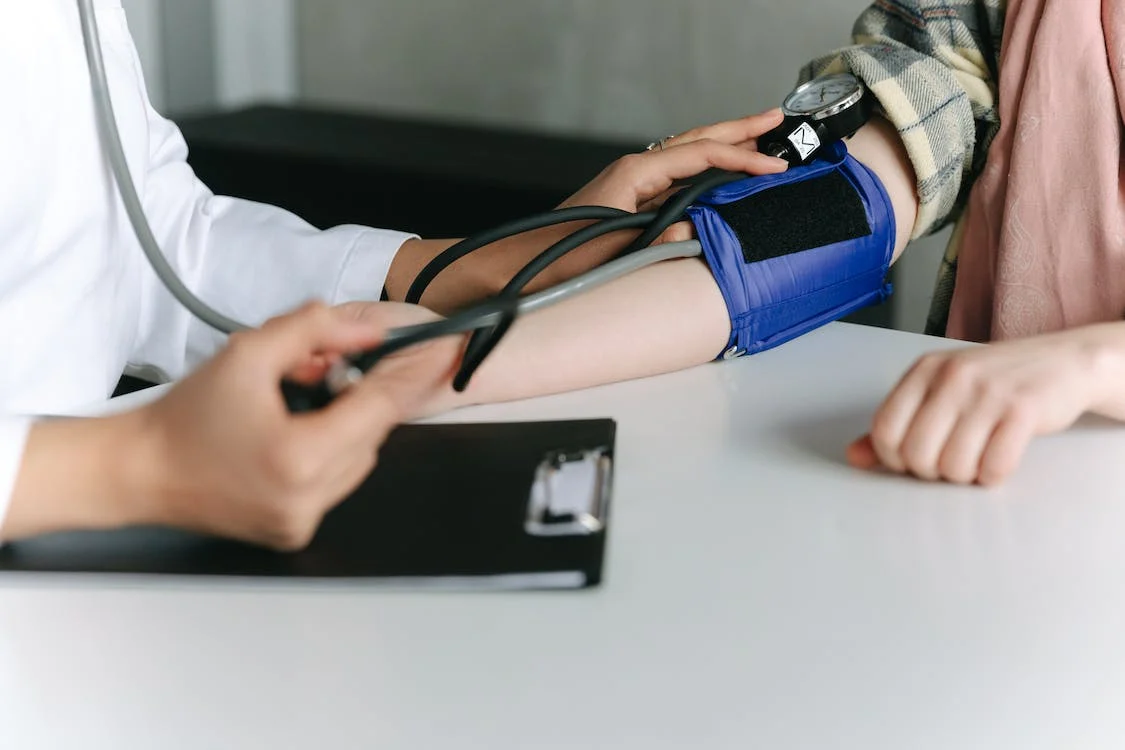
Behind the High: Signs of Cocaine Addiction
Cocaine is a substance that produces a ‘high’ generally, providing users with alertness; it generates a feeling of uplifting and energised, but it is also very addictive. There are several signs to look out for that may indicate treatment is needed in the wake of developing an addiction.
Understanding Cocaine Addiction
Cocaine is a stimulant drug that affects the central nervous system, resulting in feelings of euphoria and increased energy. It is extremely addictive. Users frequently seek the substance for its temporary positive effects, including increased alertness and self-confidence. Nevertheless, the allure of cocaine is not limited to its immediate advantages; it can also lead to a long-term addiction that is challenging to overcome.
The substance is often ingested through nasal inhalation. However, it can also be consumed by smoking or by dissolving it in water and injecting it. Cocaine is commonly known by various street names such as coke, snow, blow, or powder.
While it is widely acknowledged that cocaine is addictive, there is a significant number of individuals who are nevertheless attracted to its effects. Approximately 1,800 Americans engage with cocaine daily.

Signs and Symptoms of Cocaine Addiction
The severity of cocaine use symptoms can vary from person to person, depending on the amount of cocaine consumed, the purity of the drug, the individual’s level of tolerance, the method of administration, and the presence of any other substances. Symptoms such as peculiar, erratic, highly paranoid, or violent behavior are exhibited by certain individuals, particularly those who consume substantial quantities of cocaine.
Signs of cocaine use may include:
- Restlessness (inability to remain seated)
- Demonstrating signs of confusion or disorientation
- Demonstrating signs of exhaustion, regardless of whether they have engaged in physical activity
- Inability to recollect events or facts
The severity of cocaine use symptoms can vary from person to person, depending on the amount of cocaine consumed, the purity of the drug, the individual’s level of tolerance, the method of administration, and the presence of any other substances. Individuals may experience symptoms of cocaine use, including:
- An increase in energy
- Talkativeness
- Mentally alert
- Lesser sleep and food intake
- Anxiety
- Irritability
- Paranoia
- Tremors
- Muscle twitches
- Dizziness
- Being extremely sensitive to sight, sound, and contact
Short-Term Effect of Cocaine Use
The following are direct effects that may result from cocaine use:
- Blood vessel constriction
- Dilated pupils
- Increased body temperature
- Elevated pulse rate
- Elevated blood pressure
This can result in stomach pain, a reduced appetite, nausea, vomiting, and constipation, as the constricted blood vessels disrupt the passage of blood throughout the body. Due to restricted blood flow through the arteries and increased pulse rate and blood pressure, the risk of a heart attack may also increase.
Long-Term Effects of Cocaine Use
The consistent and prolonged use of cocaine can result in the development of a tolerance to the substance, requiring a greater quantity to achieve the same effects. Cocaine abuse may have effects on their mental and physical health, which can be exacerbated by increasing the dose or frequency of use.
- Respiration and breathing
This is because cocaine smoking can result in severe respiratory issues, as it prevents oxygen from entering the bloodstream and damages the capillaries that transport oxygen to the rest of the body. It can increase the risk of developing acute respiratory distress, pneumonia, and asthma.
- The digestive system
Tears and ulcers may result from the reduction of blood supply to the stomach and intestines by cocaine. It can also elevate the likelihood of ischemic colitis, a condition in which the large intestine is inflamed and injured.
- Heart
The risk of blood clotting can be elevated by chronic cocaine use, which can result in heart attacks, pulmonary embolisms, strokes, and deep vein thrombosis. It can also result in the heart muscle’s death and inflammation, the heart’s ability to contract deterioration, aortic ruptures, angina, and perpetually elevated blood pressure.
- Brain
An individual’s cognitive functions, including attention span, impulse inhibition, decision-making, and motor abilities, may also be impaired by long-term use. Cocaine can also hurt an individual’s mental health, as it can mature the brain and result in long-term memory problems.
How is Cocaine Addiction Treated?
In an inpatient rehabilitation program, cocaine addiction treatment typically entails detoxification and therapy. Even though psychological dependence on cocaine is a severe condition that is challenging to overcome, these programs significantly enhance the likelihood of a successful recovery.
It is beneficial for individuals who are contemplating cocaine addiction treatment to obtain a substance abuse evaluation from an addiction professional to ascertain the appropriate form of support. This determination is contingent upon a variety of factors, such as the severity of the addiction, the living environment, and the individual’s psychiatric and medical requirements.

Cocaine Withdrawal and Side Effects
The most critical component of any treatment plan is the immediate cessation of substance use. Numerous individuals who are cocaine addicts undergo withdrawal when they initially initiate this program. It may be advantageous to seek the assistance of a medical professional during withdrawal, as it can be a challenging process.
Cocaine withdrawal is a phenomenon that arises when an individual who has consumed a significant amount of cocaine discontinues or reduces their intake. Even if the user is not entirely off cocaine and still has a small amount of the substance in their bloodstream, withdrawal symptoms may manifest.
Side effects of cocaine withdrawal may encompass:
- Depression
- Anxiety
- Body weakness
- Having difficulty maintaining focus
- Enhanced appetite
- Desire for the substance
- Frequent nightmares
- Feeling of chills
- Muscle aches and nerve distress
How to Get Help
At Resilient Recovery, we provide addiction detox and rehabilitation services adaptable to your schedule and location. Our addiction specialists and personnel are highly experienced and will provide you with the necessary support throughout your addiction recovery. You will collaborate with our teams, which have been chosen for their dedication to compassionate care and clinical expertise.
A number of factors, such as your current level of care, your progress to date, the presence of any co-occurring mental health issues, and your needs and goals, will determine the forms of treatment you receive. The ultimate objective of cocaine addiction treatment at Resilient Recovery is to assist you in achieving abstinence and addiction-free status for your overall growth and well-being.
